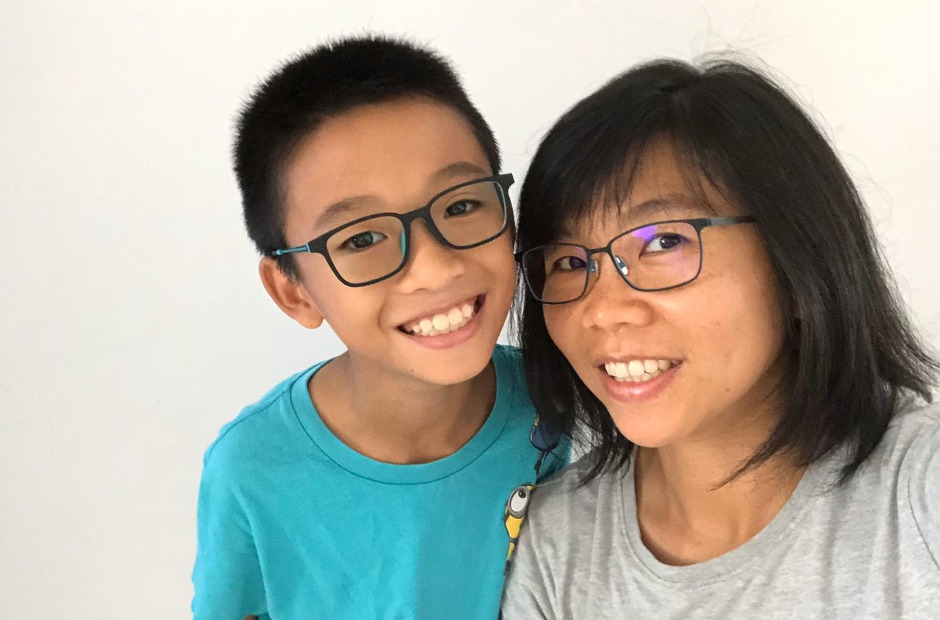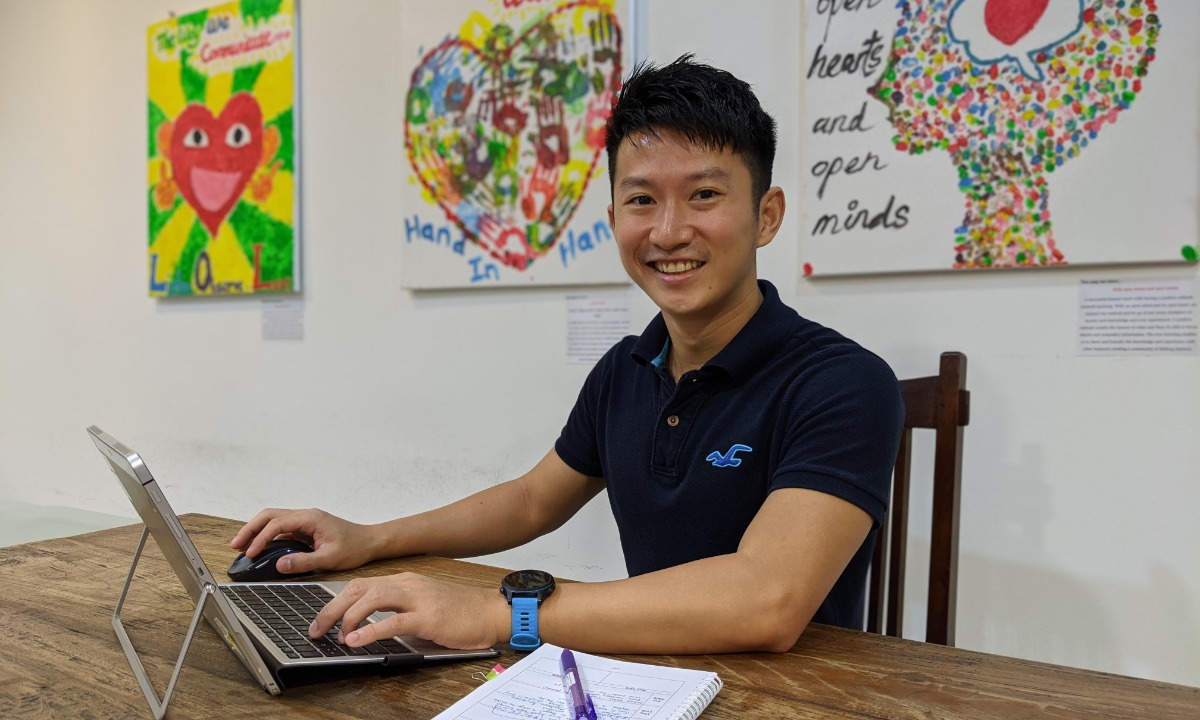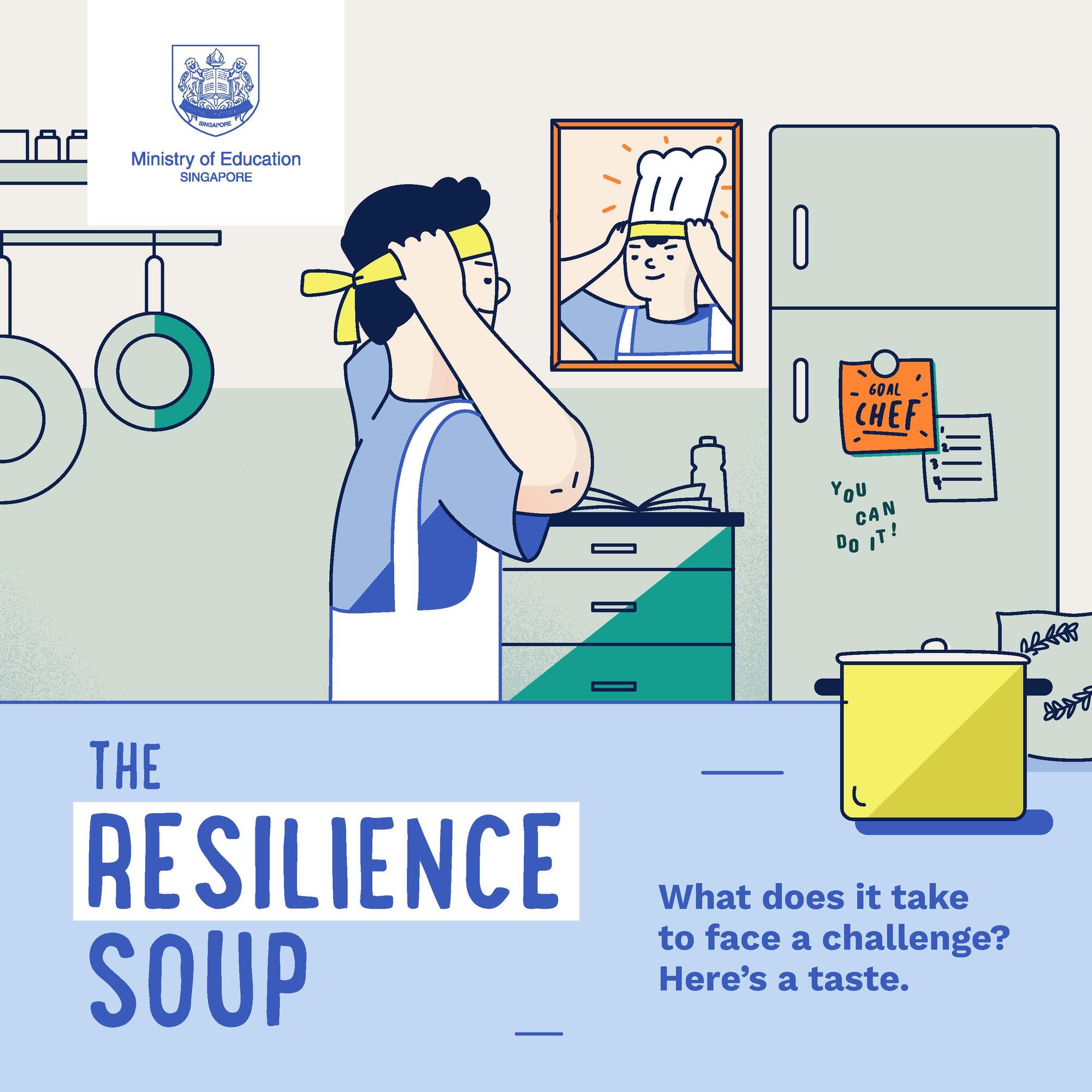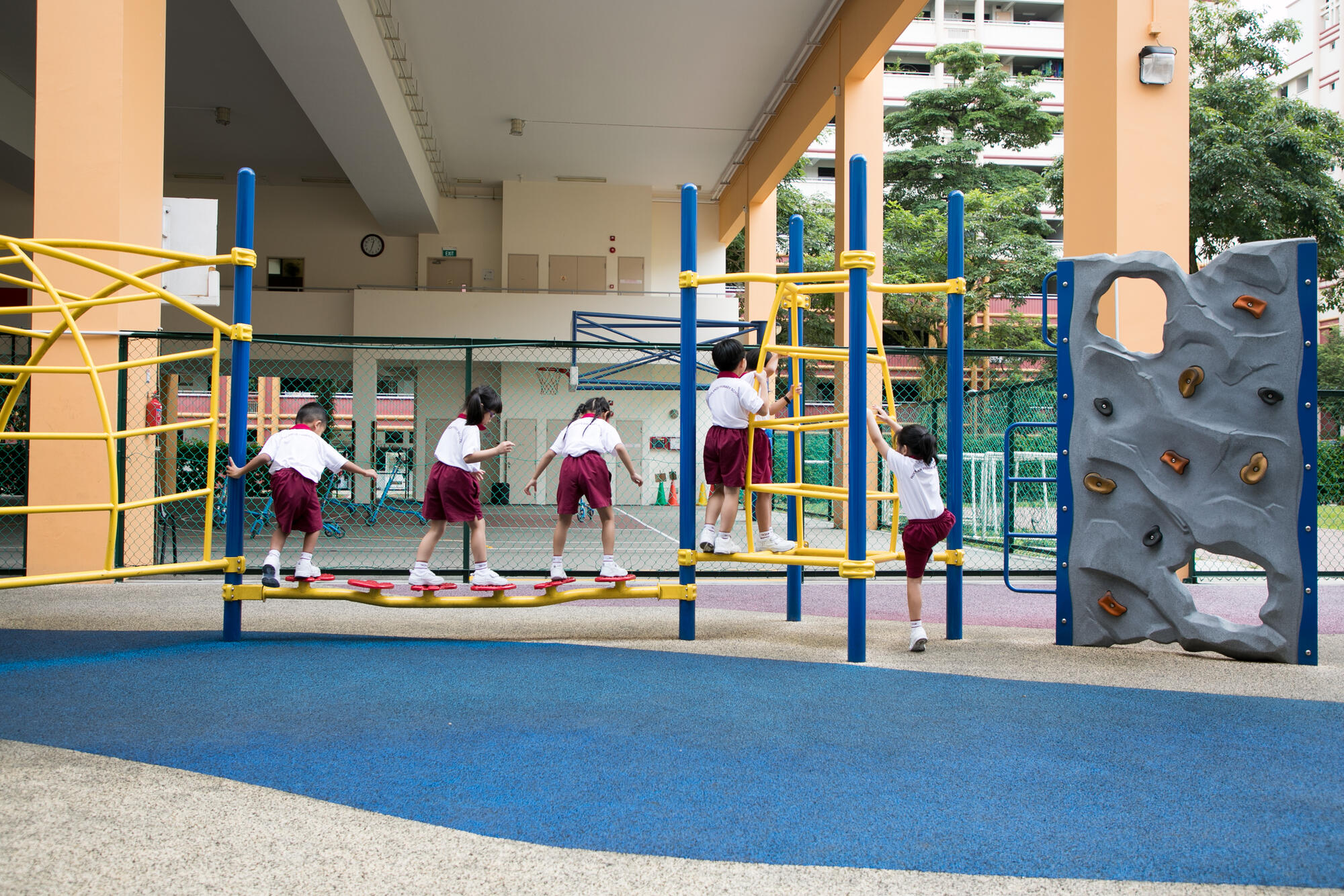The first case of Corona Virus Disease 2019 (COVID-19) was confirmed in Singapore about six weeks ago.
Like many others, as the numbers of confirmed COVID-19 cases started rising, thoughts of our battle with Severe Acute Respiratory Syndrome (SARS) in 2003 soon came to mind.
Choosing calm over worry
In 2004, soon after the SARS outbreak, I started working in healthcare, with stints in two government hospitals – first as a strength and conditioning coach, then as an exercise physiologist.
Though not directly at the frontline, the 11 years I spent in the public healthcare environment made me more conscious and aware of the measures and preparation plans that the healthcare sector has in place since the SARS outbreak 17 years ago. For example, I participated in emergency preparedness exercises, which keep us operationally ready. The hospitals conduct table-top exercises for various scenarios. Business continuity plans are in place. Even seemingly simple things like cleanliness and hygiene are subject to regular audits. So, I feel that the decisions being taken to manage COVID-19 are rigorously thought-through.
What has been a double-edged sword with COVID-19 is our digital connectivity. Stories – real, sensationalised, and fake – made their rounds relentlessly on social media and chat groups. The panic caused by misinformation could easily spark a domino effect of overreaction and irrational behaviour.
This happened despite official information being released promptly since the start of the outbreak, and extra measures being put in place for students. We all know the drill by now – wash hands with soap regularly, do not touch your face, avoid crowded places, and if you are sick, mask up, see a doctor and stay at home.
So, while the COVID-19 situation is evolving and there are uncertainties, I choose to stay calm. I stay aware of the developing situation and how I respond to it. Worrying would be fruitless anyway. And this time, Zachary is watching and learning from this experience too.
Lessons from COVID-19
Every day, a multitude of articles, posts and messages pop up on my social media feeds and chat groups. Instead of just ignoring them, I have been showing them to Zachary, and using them as a way for him to learn how to fact-check and verify sources, in order to tell real news apart from fake.
In Zachary’s school, beyond simply enforcing extra measures, teachers explain why hygiene is important, inculcate new hand-washing and wipe-down habits, and even incorporate virus-related topics into their lessons so students know what is going on.
Zachary is also aware that there is a new normal.
Instead of morning mass assemblies, he heads straight to his classroom. Temperature-taking is done daily, classroom tables are placed apart, and canteen tables are wiped down after each use. During recess, he is not allowed to roam anywhere he likes. Instead, there is a schedule and designated area within the school compound where he and his classmates gather, to avoid mixing across levels.
And most importantly to me, Zachary understands why all of this is happening.
It is reassuring. I realised that through COVID-19, an entire nation of students are learning how to behave during a crisis and building up social resilience. This is a generation learning social responsibility, how to take care of themselves and each other, and not give in to panic.
They may even understand the rationale behind these actions better than adults, and can bring these lessons home to their families.
It’s because of all these reasons that I choose not to worry. We made it through SARS and we will make it through COVID-19, too.
But there is one concern I have.
While the COVID-19 situation seems to be stable for now, I do think about what would happen if it escalated and schools were suspended.
It would mean that Zachary would have to stay at home all the time. Between my husband’s work schedule and my university schedule (I recently stopped work to take up a second full-time degree in physiotherapy), we would need to activate the extended family to help keep an eye on Zachary. And we are really lucky that we have such support; many families do not.
Zachary would lose his routine and structure. Most children do need that. At the same time, he would need to get his home-based learning done as school suspension does not equate to a school holiday. That would require self-discipline
or enforcement, which would fall on the caregiver of the day to implement.
Internet access and screen time would need to be carefully monitored, especially since there would be little else to occupy Zachary at home.
Above all else, it would be stressful dealing with an indefinite school suspension, not knowing when our lives and routines could return to normal. It would also be close to impossible for students, especially the younger ones, to remain indoors 24/7.
But that’s worry for another day.
For now, I choose to keep calm and carry on – with hygiene routines, eating well, staying active and getting enough rest, to keep myself and my family healthy.






